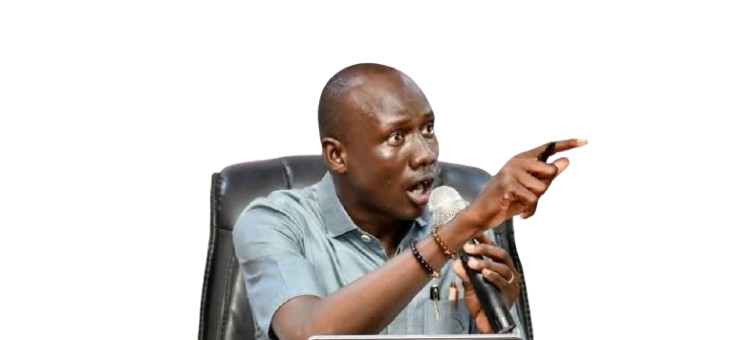South Sudan’s President Salva Kiir fired the governor of Upper Nile State on Friday and immediately appointed a replacement in a state plagued by violence for months.
In a decree broadcast on state-owned South Sudan Broadcasting Corporation (SSBC), Kiir dismissed Governor James Koang Chuol and appointed Jacob Dollar Ruot as the new governor.
The presidential decree, which took effect immediately, did not give a reason for the change. Koang, who was appointed in March, was not given a new assignment.
Kiir’s announcement cited constitutional articles to formalize the change.
“Pursuant to the provisions of Article 165.1b and 106.82a of the Transitional Constitution of the Republic of South Sudan 2011 as amended, I, Salva Kiir Mayardit, President of the Republic of South Sudan, do hereby relieve Hon. James Koang Chuol Ranley from his position as the Governor of Upper Nile State,” the decree stated.
A separate decree announced the appointment: “I, Salva Kiir Mayardit, President of the Republic of South Sudan, do hereby appoint Hon. Jacob Dollar Ruot as the Governor of Upper Nile State.”
Koang, a general in the army, was appointed following the outbreak of conflict in Upper Nile State between the White Army militia group and the South Sudan People’s Defense Forces. Dollar Ruot, who like Koang is from Nasir, had previously served as speaker of the state’s legislative assembly.
Following the announcement, prominent civil society leader Edmund Yakani congratulated the new governor but challenged him to end the chronic violence and political instability in the state.
Yakani, the executive director of the Community Empowerment for Progress Organization, described Upper Nile as a state where political elites have fueled communal violence for years.
“Our brothers and sisters from Upper Nile State have suffered from negative politics that are much more described with deadly violence, gross human rights violations, forced hunger, and being forced to die in the middle of the waters without any help,” Yakani said.
He called on the new governor to “stand up to repair the broken social fabric” and prioritize civilian protection, de-escalate military confrontations and champion inclusive dialogue.
“We know our communities have no problem, but they have been forced and among them violence was so much fueled to be a language of resolving differences,” Yakani said. “Communities will disagree, community will have misunderstanding, but violence is not an option for them to resolve their differences.”
Yakani pledged that civil society would work with the new leadership as long as it advances the protection of civilians and avoids fueling violence.
“The moment has come for you to double your efforts and to face the challenge of citizen demand for peace and stability,” he concluded. “We hope your term of office will be a term of stabilizing, will be a term of repairing social fabric.”




